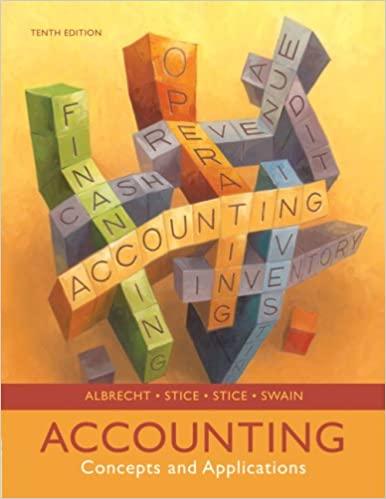Answered step by step
Verified Expert Solution
Question
1 Approved Answer
Travel Ltd ( Travel ) is a transporting entity that transports goods for customers between Gauteng and KwaZulu - Natal. The entity has a 3
Travel Ltd Travel is a transporting entity that transports goods for customers between Gauteng and KwaZuluNatal. The entity has a January financial yearend. Travel has a fleet of various trucks to provide the requested transport services to customers. Currently, the entity wishes to purchase another truck to add to their fleet.
The decision lies between Truck X and Truck FGS
Truck X has a purchase price of R and an expected economic useful life of years. It is estimated that Truck X will have a residual value of R at the end of years of useful life.
Truck FGS on the other hand, has a purchase price of R and an expected economic useful life of years. Truck FGSs expected economic useful life can also be extended to years, but then Truck FGS will have to undergo a major service at the end of year three of its useful life. Such a service will cost Travel R and will span over two weeks. During those two weeks, Travel can lease a replacement truck from another entity at a cost of R per week, which will enable Travel to continue with business as usual. It is estimated that Truck FGS will have a residual value of R at the end of years and R at the end of years.
A storage facility was built at a cost of R one month ago in which the truck that will be acquired can be stored and locked up safely overnight.
The following information pertains to each truck:
Truck X Truck FGS
Average hours in transport per trip
Diesel consumption per trip litres litres
Maximum load capacity per trip kg kg
General maintenance cost per each maintenance session R R
Trips per week
Travel is operational for weeks per year.
The average price of diesel during the next five to six years is estimated to be cents per litre.
Per Travels policy, all trucks must undergo a general maintenance session each month during which minor maintenance is performed as required, and the trucks roadworthiness and safety are ensured. The timing of the general maintenance sessions of each truck is wellplanned by Travel, so that they do not disrupt Travels transporting activities. The maintenance cost of both the minor services to all trucks as well as the potential major service on Truck FGS may not be capitalised according to IAS but are considered expenses.
Travel will take out two insurance covers when the new truck is purchased. The first insurance will be to cover the goods that are being transported. The insurance cost for this insurance cover will be of the value of the goods that are being transported. The average value of the goods to be transported in either of these two trucks is estimated to be R per kilogram transported. Travel will, however, charge the customer of the value of the goods that are being transported additional to
Travels standard fee per kilogram to reinstate the entity from the insurance expense and provide cover.
The second insurance cover that Travel will take out, is to insure Travels truck itself. The annual insurance premium for Truck FGS will be of the purchase price of the truck. The insurance company informed Travel that the annual insurance premium will also be of the purchase price of the truck for Truck X but only if specified safety parts are installed on Truck X Otherwise, the annual insurance premium for Truck X will be increased by After performing research, Travel has determined that the total cost to acquire and install these safety parts will amount to R The safety parts will have a residual value of zero at the end of years.
Currently, Travels fixed cost amounts to R per annum. Should Truck X be purchased, the fixed cost will increase by R per annum. If Truck FGS is purchased, the fixed costs will increase to R per annum. These fixed costs are excluding any other costs mentioned elsewhere in the information.
Travel has performed market research on the demand for various kilogram quantities of goods to be transported in either Truck X or Truck FGS per trip.
Following are the results this research delivered:
Possible kilograms to be transported Probability of this demand
kg
kg
kg
kg
Should the relevant truck be physically unable to carry the required kilograms demanded, the customer is assumed to utilise the next available quantity of kilograms.
Travel generates revenue by charging customers a standard fee of R per kilogram to be transported.
Both Truck Xas well as its possible safety parts and Truck FGS will qualify for a wearandtear allowance according to section e of the Income Tax Act under which the relevant vehicles cost may be writtenoff over years although the diminishing depreciation method is
Step by Step Solution
There are 3 Steps involved in it
Step: 1

Get Instant Access to Expert-Tailored Solutions
See step-by-step solutions with expert insights and AI powered tools for academic success
Step: 2

Step: 3

Ace Your Homework with AI
Get the answers you need in no time with our AI-driven, step-by-step assistance
Get Started


